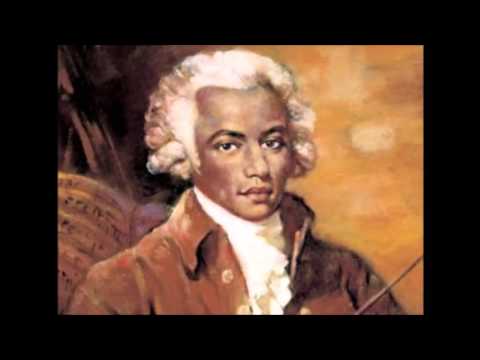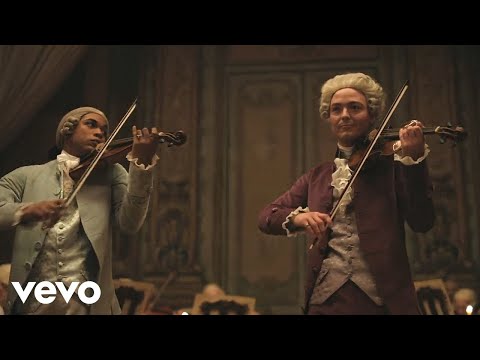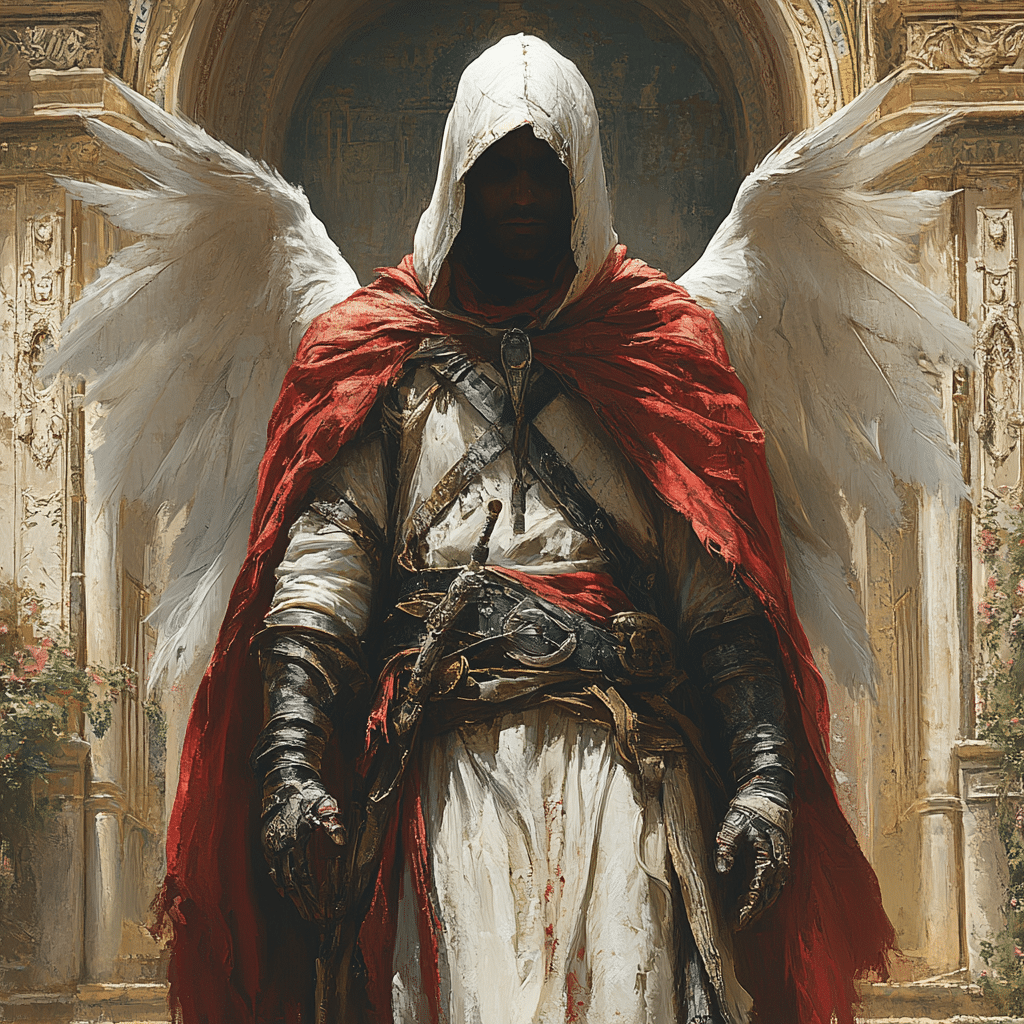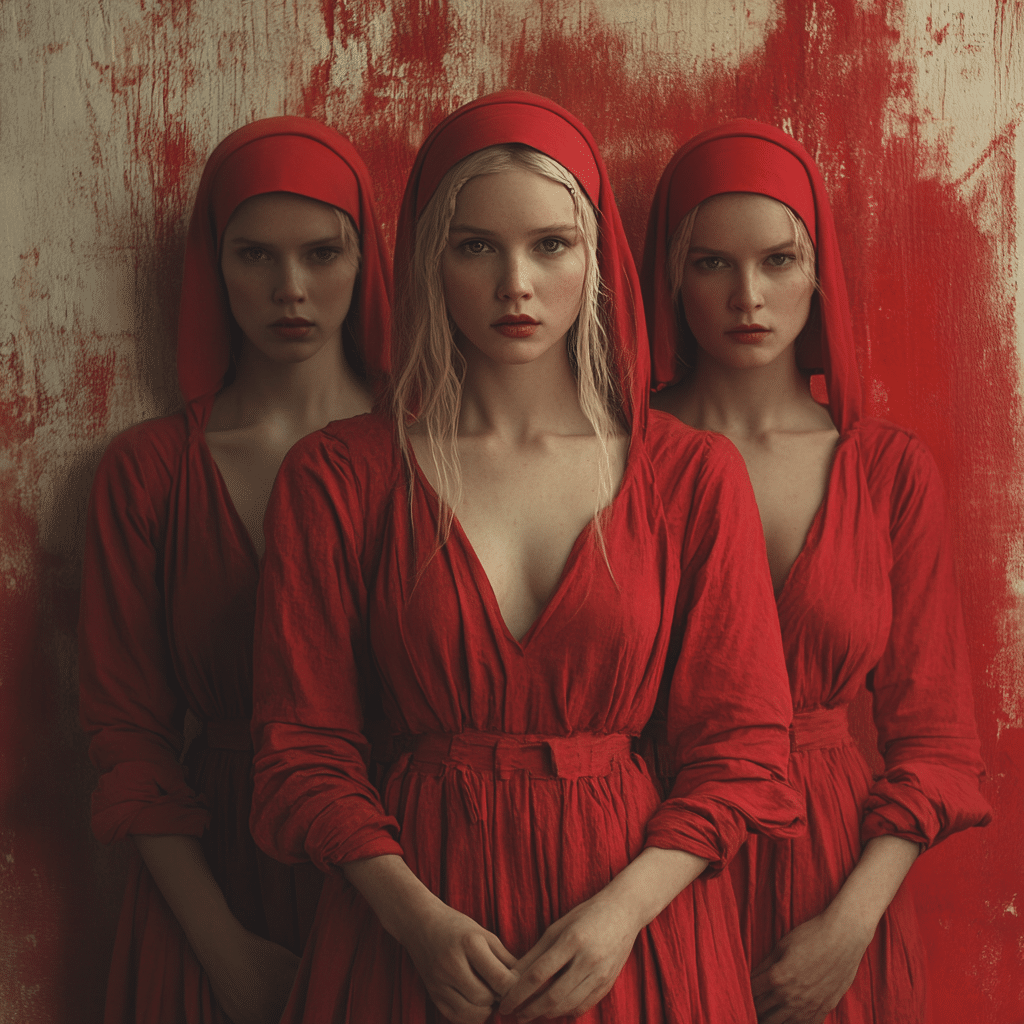The Multifaceted Life of Joseph Bologne, Chevalier de Saint-Georges
Joseph Bologne, the illustrious Chevalier de Saint-Georges, was a beacon of talent and intrigue amid the 18th-century societal landscape. His story is captivating, peppered with triumphs and trials reflective of the period’s convoluted narratives of race, class, and culture. Born in 1745 in Guadeloupe to a wealthy French plantation owner and an African slave mother, Bologne’s mixed heritage charted a course filled with exceptional accomplishments and formidable challenges.
Upon his arrival in Paris, Bologne’s fine education and musical prowess quickly caught the attention of the city’s elite. Chevalier de Saint-Georges wasn’t simply a moniker but a mantle he fully embodied, navigating between the opulence of aristocracy and the undercurrents of his African heritage. His adeptness in the arts and society allowed him to rub shoulders with luminaries like Marie Antoinette and befriend influential figures such as the composer François-Joseph Gossec, further cementing his status in Parisian history.
Yet, for all his ascendancy, Bologne’s story is tinged with the poignancy of an individual perpetually balanced between identities. His successes, as much as they are celebrated, also stand as silent testaments to the resilience he was forced to muster as a black man in a world of established white superiority.

A Musical Prodigy in a Prejudiced World: The Achievements of Chevalier de Saint-Georges
Chevalier de Saint-Georges dazzled his contemporaries as an unparalleled violinist and a prolific composer whose creative genius sparked waves throughout the classical music realm. He penned numerous compositions, ranging from operas to string quartets, many of which are still performed today. Bologne’s premier position leading the prestigious Concert des Amateurs orchestra solidified his influence over France’s musical landscape.
His flair for melodic lines and rich textures was emblematic of the classical style, yet his works like “Symphonie Concertante in G major” bore undercurrents of innovation that teased the Romantic era. Admirers of Joseph Bologne marvel at his compositional dialogue between virtuosity and emotion, which, much like his life, presented exceptional depth and contrast.
Despite his towering achievements, Bologne’s stride through the corridors of music history was met with contempt and discrimination. Even so, he carved a place for himself in the annals with a scalpel of determination, setting a precedent for the likes of modern virtuosos such as Kimberley Crossman, inspiring others through sheer excellence and the persuasive power of music.

| **Category** | **Details** |
|---|---|
| Full Name | Joseph Bologne, Chevalier de Saint-Georges |
| Birth | December 25, 1745 |
| Place of Birth | Baillif, Basse-Terre, Guadeloupe |
| Death | June 10, 1799 |
| Place of Death | Paris, France |
| Occupation | Classical composer, virtuoso violinist, conductor of the leading symphony orchestra in Paris |
| Early Life | Son of George Bologne de Saint-Georges, a wealthy plantation owner, and Nanon, his African slave |
| Education | Studied fencing and music in France, esteemed pupil of La Boëssière and Gossec |
| Accolades | Renowned as the “Black Mozart” for his musical genius |
| Musical Contributions | Composed string quartets, operas, symphonies; introduced symphonie-concertantes |
| Fencing Achievements | Champion fencer, dubbed “the god of arms” |
| Military Role | Colonel of the Légion St.-Georges, the first all-black regiment in Europe |
| Social Impact | Symbol of the fight against racial prejudice; promoted the abolition of slavery |
| Cultural Significance | One of the first known classical composers of African ancestry |
| Relation to Royalty | Became a favorite in the court of King Louis XV |
| Legacy | Inspired future generations; his life and works have been subject to renewed interest |
The Forgotten Fencing Master: Joseph Bologne’s Mark on the Sport
As a testament to his diverse talents, Joseph Bologne was also a legendary fencer, whose elegance and discipline earned him praise across Europe. His finesse and agility were no mere accident; they were honed in the most prestigious fencing academies of France and through a discipline as unwavering as his thrusts.
Bologne’s engagement with fencing paralleled his musical achievements—both fields where precision, timing, and a touch of artistry converge. Records of his bouts illustrate a visionary whose keen sense of movement and tactical mind left many an opponent bewildered. It’s fascinating to consider how modern fencing owes a tip of the foil to pioneers like Bologne, where echoes of his techniques linger on the piste.
Metaphorically, Bologne’s fencing prowess mirrored the acute precision he needed to navigate societal norms with grace, defending his honor against the piercing sting of racism and classism. His swordsmanship, refined through arduous practice and determination, became a compelling allegory for his every life encounter.

Chevalier de Saint-Georges and the Fight for Equality
The revolutionary fervor that gripped France also ignited Bologne’s passion for justice and equality. Equally adept in societal reform as he was in sonatas, Bologne’s contributions to the French Revolution were impactful. His fervent advocacy contributed to the eventual abolition of slavery—a cause close to his heart, given his mother’s history.
Perhaps his most notable political act was his leadership of the “Légion Saint-Georges,” the first all-black regiment in Europe, comprising free men of color and slaves from the French colonies. His commitment to equality and fraternity pre-empted and perhaps even informed the civil rights dialogues that have shaped modern movements, drawing parallels with figures such as Alyson Hannigan, known for her advocacy and activism.

The Legacy of Joseph Bologne in Modern Culture
Chevalier de Saint-Georges’ narrative might have faded into the obscure annals of history had it not been for recent resurgences of his music and a growing awareness of his historical importance. In 2022, the biopic “Le Chevalier de Saint-Georges” did much to peel back the layers of obscurity from Bologne’s life, offering a poignant portrayal of his journey and contributions.
His influence is celebrated annually at the Saint-Georges Festival in Guadeloupe, where a rich tapestry of cultural events breathes life into his incredible legacy. These events do more than just pay homage; they serve as a conduit, bringing Bologne’s story into contemporary discussions, encouraging reassessment, and inspiring a diverse new generation of artists and activists.
The potency of Bologne’s musical legacy becomes even more evident through the comparison with today’s popular productions among The best Of me cast, highlighting how his work resonates with the drama and intensity that modern audiences cherish.
Conclusion: Reassessing History Through the Story of Chevalier de Saint-Georges
Joseph Bologne, Chevalier de Saint-Georges, stands as a towering figure whose life story challenges us to broaden our historical perspectives. This deep dive into his world transcends a mere recounting of achievements; it’s a clarion call to recognize the multi-dimensional narratives that history too often silences. His triumphs illuminate the crevices of our past, creating space for a more inclusive future where recognition is not the exception but the norm.
His is a legacy that compels us to question and to champion the diverse stories that makeup the vast mosaic of human history. As we retell his story, we not only celebrate the myriad facets of Chevalier de Saint-Georges but also beckon forth the untold stories waiting in the wings, ready to rewrite history with the truth of their melodies and the strength of their indomitable spirits.
Unveiling the Enigma of Chevalier de Saint-Georges
The life of Chevalier de Saint-Georges is as intriguing as a master-composed symphony, filled with high notes of achievements and the low tones of challenges. It’s like flipping through an intricately written screenplay, finding out that the hero’s journey is full of more twists and turns than even the most gripping of Alyson Hannigan Movies And tv Shows. Now, let’s dive into some astonishing facts about this extraordinary figure that history almost forgot.
A Man of Many Talents
Imagine someone whose life was as diverse as the Hobby Lobby sales catalog; Chevalier de Saint-Georges was that man. A virtuoso violinist, composer, and conductor, his mastery of the arts was like finding that perfect item on sale – rare and enriching. With an unwavering passion for music that resonated within the gilded halls of 18th-century France, his compositions were as sought-after as the latest deals for craft enthusiasts.
Fencing with Fate
He wasn’t just tinkling the ivories or crafting melodies; this man was a fencing aficionado. With a sword in hand, he was as fluid and formidable as water filling a gallon water bottle, showcasing elegance and strength in each duel. His skill was such that opponents might have wondered if they were facing a mere man or an unstoppable force of nature.
An Unlikely Birth Tale
Chevalier de Saint-Georges’ story didn’t begin in the lap of luxury. Born to an enslaved African mother and a French nobleman father, his origin was as complex as the question of How Did Curious george die? – riddled with social intricacies and the shadows of an era of exploitation. Yet, amid the harshness of his beginnings, he rose like a phoenix, ascending to societal heights few could dream of.
The Gentlemen’s Revolution
In an age where revolution was brewing, Chevalier de Saint-Georges was more than just a bystander. Even as Paris whispered of liberty and egalitarianism, he stood as a living example that talent and nobility of character could defy the rigid barriers of birth. His presence in high society was as pivotal as a construction loan for an aspiring homeowner planning to build their dream abode – it was foundational to his legacy.
Advocating for the Underrepresented
Alongside his artistic and athletic pursuits, Chevalier de Saint-Georges wielded his influence for justice, much like Pedro Pascal’s sister does in her advocacy. Though he wore the title of a chevalier, he never forgot the crib from which he came, so to speak. He was well aware of the various crib recalls across society, where many were left devoid of security and opportunity, and he became an ardent supporter of the abolitionist cause.
The tale of Chevalier de Saint-Georges is not just a series of astounding facts; it’s a testament to human spirit and determination. His life, woven with the fabric of art, bravery, complexity, and compassion, is a mesmerizing tapestry that offers inspiration and wonder to those who unearth his story. So, let’s lift our glasses to this remarkable man – a true maestro of life’s vast symphony.

Où est enterré le chevalier de Saint-georges ?
Ah, the Chevalier de Saint-Georges, the gallant swordsman and composer, is resting in peace at the Cemetery of Montmartre in Paris, France. Even centuries later, folks still tip their hats to his storied legacy.
Qui est le chevalier Georges Pourquoi se Fait-il appeler ainsi ?
Why the fancy title, you ask? Well, Joseph Bologne, known as the Chevalier de Saint-Georges, didn’t just wake up one day and decide to call himself that! Nope, he earned it. Born to a wealthy planter and a slave, he climbed the social ladder with his killer skills in fencing and his knack for music, snagging the chevalier title along the way.
Comment est mort Saint-george ?
Oh, the tale of Saint-George’s demise is shrouded in mystery, but we do know he died on June 10, 1799. Some say he was done in by the dark shadow of illness, while others whisper about foul play. Either way, his curtain call was as dramatic as his life!
Quelle est la légende de Saint Georges ?
The legend of Saint George is a real doozy – the bloke supposedly slayed a dragon to save a princess! Sounds like a fairy tale, right? Well, it’s this epic tale that made him the patron saint of England and several other places, celebrated for his bravery.
Quel est le jour de la Saint Georges ?
Mark your calendars! Saint George’s Day struts in on April 23rd every year. It’s a day filled with parades, a feast for the eyes, and, let’s not forget, it’s England’s national day! So, raise a glass – or better yet, a pint – to ol’ Georgie!






















